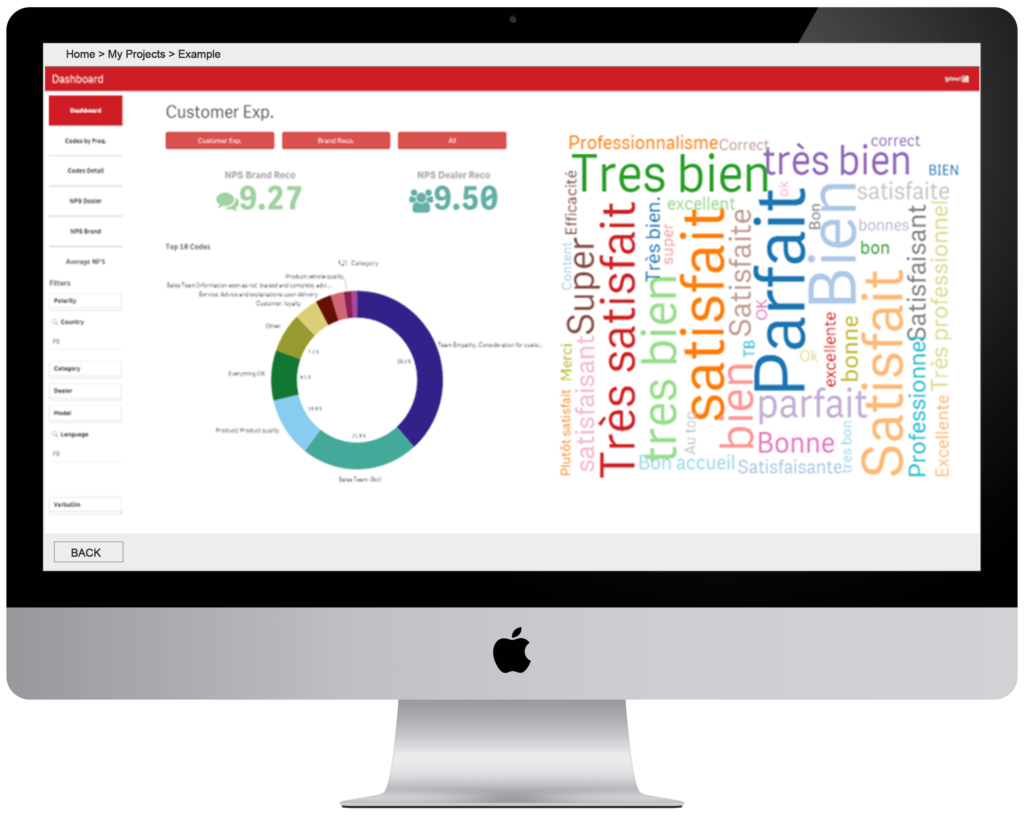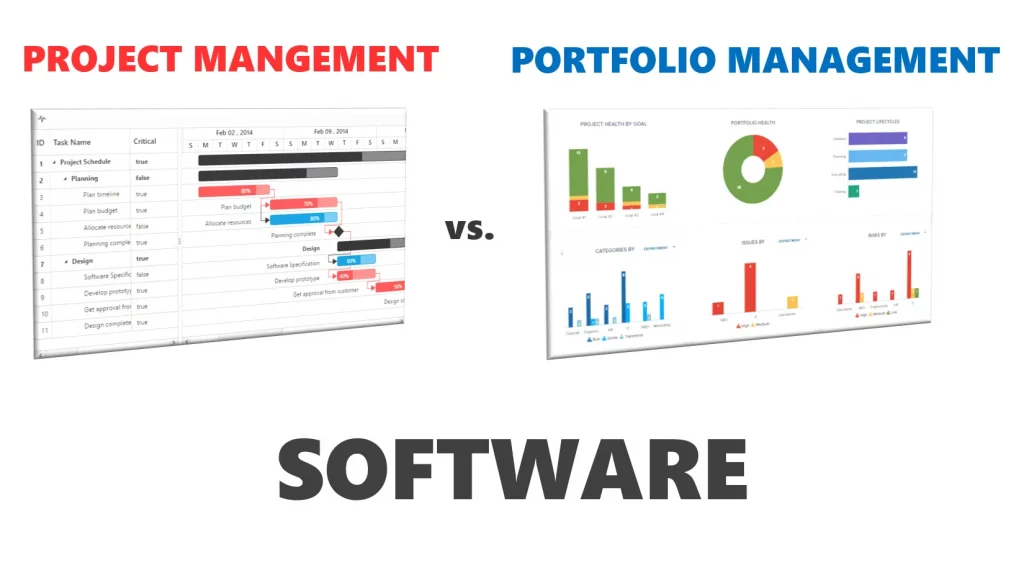Businesses in a wide range of industries rely largely on technology to optimize their operations and maintain competitiveness. There is no exception in the market for medical goods. The importance of deploying an Enterprise Resource Planning (ERP) software system has increased due to the complexity of supply chain management, the necessity for regulatory compliance, and the requirement for effective inventory control. The medical supply sector requires ERP software to thrive in the constantly changing healthcare environment, and we will look at five strong reasons in this article.
1. Streamlined Supply Chain Management
It is crucial for organizations that provide medical goods to have effective supply chain management in order to meet the expectations of healthcare professionals in a timely manner. ERP software makes end-to-end visibility possible, which enables businesses to more effectively monitor and manage the flow of commodities throughout their supply chains. An ERP system helps streamline the procedures involved in the supply chain from the point of inventory control and procurement through distribution and delivery. Businesses can improve order fulfillment accuracy, minimize lead times, and optimize inventory levels when they have access to data in real-time and automated workflows. This results in an overall improvement in operational efficiency, reduced expenses, and facilitated smooth collaboration among distributors, manufacturers, and suppliers.
2. Enhanced Regulatory Compliance
The medical supplies sector is subject to stringent regulations to protect patients and maintain high product standards. Ensuring full compliance with all applicable regulatory standards, such as ISO 13485 and FDA requirements, is of the utmost importance. An ERP for medical devices offers powerful quality control modules, is crucial in successfully satisfying these requirements. The implementation of established procedures, automated regulatory reporting, and tracking and management of paperwork are all made possible for businesses by these modules. Companies that sell medical supplies can limit risks, avoid penalties, and maintain a solid reputation in the market if they integrate compliance processes within the enterprise resource planning (ERP) system.
3. Effective Inventory Control
In the field of medical supplies, inventory management is an extremely important part. It might be difficult to keep ideal stock levels while limiting the danger of running out of inventory or having too much of it. ERP software gives businesses the power to exercise better control over their inventory. Businesses can effectively predict demand, plan procurement, and optimize inventory levels with access to advanced forecasting skills and tools for demand planning. This not only minimizes the hauling expenses but also assures that important medical supplies are always available when required. In addition, ERP systems allow for the scanning of bar codes and the recording of serial numbers, which enables effective inventory tracking and traceability.
4. Improved Financial Management
Effective financial management is essential to the sustained success of every business, regardless of the sector. ERP software provides powerful financial modules that enable organizations that provide medical supplies to streamline their financial procedures. When using integrated accounting features, organizations can automate various financial operations, including accounts payable and receivable, invoicing, and financial reporting. Businesses can receive real-time insights into their financial health, make choices based on accurate information, and maintain compliance with accounting rules when they centralize their financial data within their ERP system. Additionally, enterprise resource planning software offers tools for cost monitoring, measuring profitability, and budgeting, enabling businesses to improve their financial performance.
5. Data-Driven Decision Making
Businesses that can leverage the power of information have an advantage over their competitors in today’s world, which is rich in data. ERP software is a consolidated repository for a business’s data, enabling medical supply companies to develop useful insights. Businesses can monitor key performance indicators (KPIs), analyze trends in sales, identify chances to save money on costs and optimize their operations when they have robust analytics and reporting capabilities. Increasing an organization’s operational efficiency, locating untapped market opportunities, and fostering innovation are all possible outcomes of implementing data-driven decision-making.
Conclusion
Implementing ERP software has become crucial for businesses looking to stay competitive as the medical supplies sector grows. ERP solutions enable medical supply companies to survive in a challenging and complicated sector by streamlining supply chain management, assuring regulatory compliance, optimizing inventory control, enhancing financial management, and supporting data-driven decision-making. Businesses can achieve operational excellence, enhance productivity, and effectively address the always-expanding healthcare needs with ERP software’s extensive features and capabilities. In today’s quick-paced and technologically advanced world, adopting ERP software is not just a choice but a requirement for the medical supply industry.



